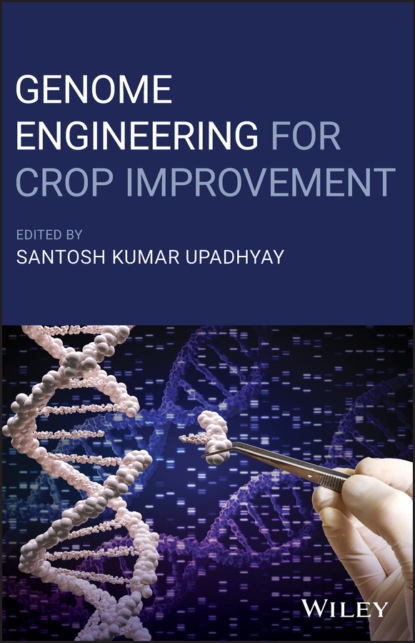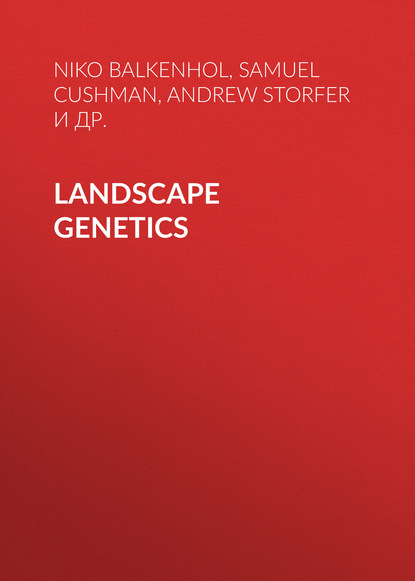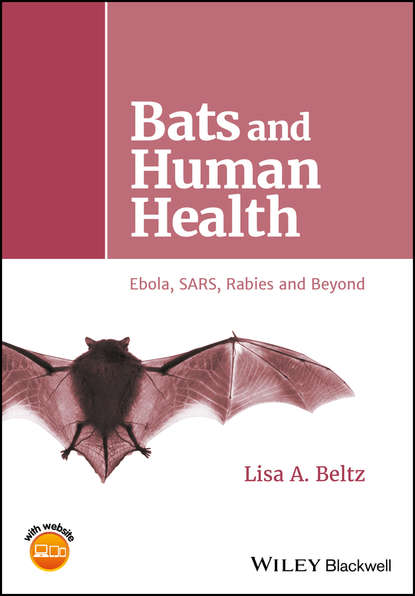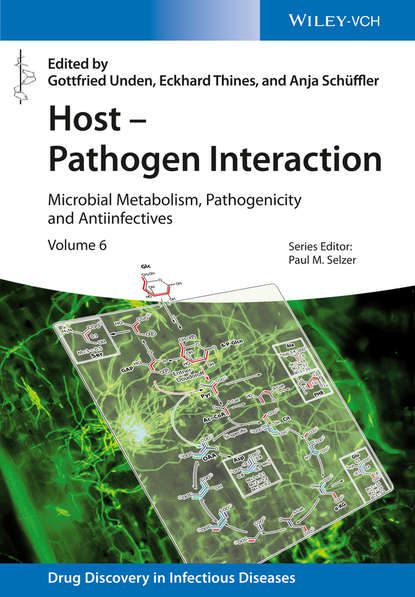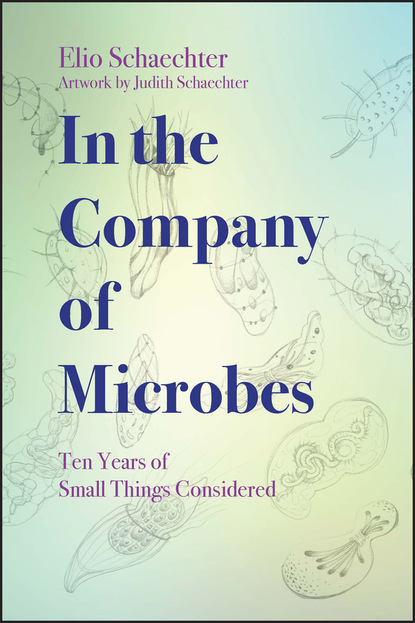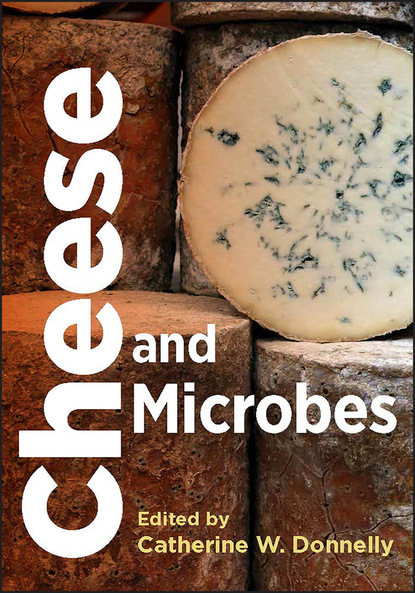Эта книга предлагает множество полезных и необходимых сведений о применении генной инженерии для улучшения сельскохозяйственных культур, таких как пшеница, рис, картофель, виноград и бананы. В ней представлены современные методы редактирования генома: улучшенная доступность минералов и витаминов, снижение аллергенов в продуктах питания, а также повышение их пищевой ценности. Также обсуждаются различные темы, связанные с локализацией минералов в растениях, метаболизмом каротиноидов и флавоноидов, генным редактированием картофеля с низким содержанием калорий и созданием безглютеновых зерен, методами повышения устойчивости растений к стрессовым условиям и другими темами. Книга будет полезна научным работникам, студентам в области молекулярной биологии растений, системы биологии, биотехнологии растений и функциональной генетики.
Издание представляет собой обзор последних достижений в области манипуляции геномом сельскохозяйственных растений с целью улучшения их питательных характеристик и адаптации к различным климатическим условиям. Рассмотрены метаболическая инженерия каротиноидов и флавоноидов, методы увеличения урожайности с использованием техники редактирования генов, создание сортов растений с низкой калорийностью, пониженной аллергенностью и их применение для повышения устойчивости к стрессу. Издание предназначено для специалистов в области сельскохозяйственной биотехнологии и молекулярной биологии.
Электронная Книга «Genome Engineering for Crop Improvement» написана автором Группа авторов в году.
Минимальный возраст читателя: 0
Язык: Английский
ISBN: 9781119672401
Описание книги от Группа авторов
In recent years, significant advancements have been made in the management of nutritional deficiency using genome engineering—enriching the nutritional properties of agricultural and horticultural crop plants such as wheat, rice, potatoes, grapes, and bananas. To meet the demands of the rapidly growing world population, researchers are developing a range of new genome engineering tools and strategies, from increasing the nutraceuticals in cereals and fruits, to decreasing the anti-nutrients in crop plants to improve the bioavailability of minerals and vitamins. Genome Engineering for Crop Improvement provides an up-to-date view of the use of genome editing for crop bio-fortification, improved bioavailability of minerals and nutrients, and enhanced hypo-allergenicity and hypo-immunogenicity. This volume examines a diversity of important topics including mineral and nutrient localization, metabolic engineering of carotenoids and flavonoids, genome engineering of zero calorie potatoes and allergen-free grains, engineering for stress resistance in crop plants, and more. Helping readers deepen their knowledge of the application of genome engineering in crop improvement, this book: Presents genetic engineering methods for developing edible oil crops, mineral translocation in grains, increased flavonoids in tomatoes, and cereals with enriched iron bioavailability Describes current genome engineering methods and the distribution of nutritional and mineral composition in important crop plants Offers perspectives on emerging technologies and the future of genome engineering in agriculture Genome Engineering for Crop Improvement is an essential resource for academics, scientists, researchers, agriculturalists, and students of plant molecular biology, system biology, plant biotechnology, and functional genomics.
